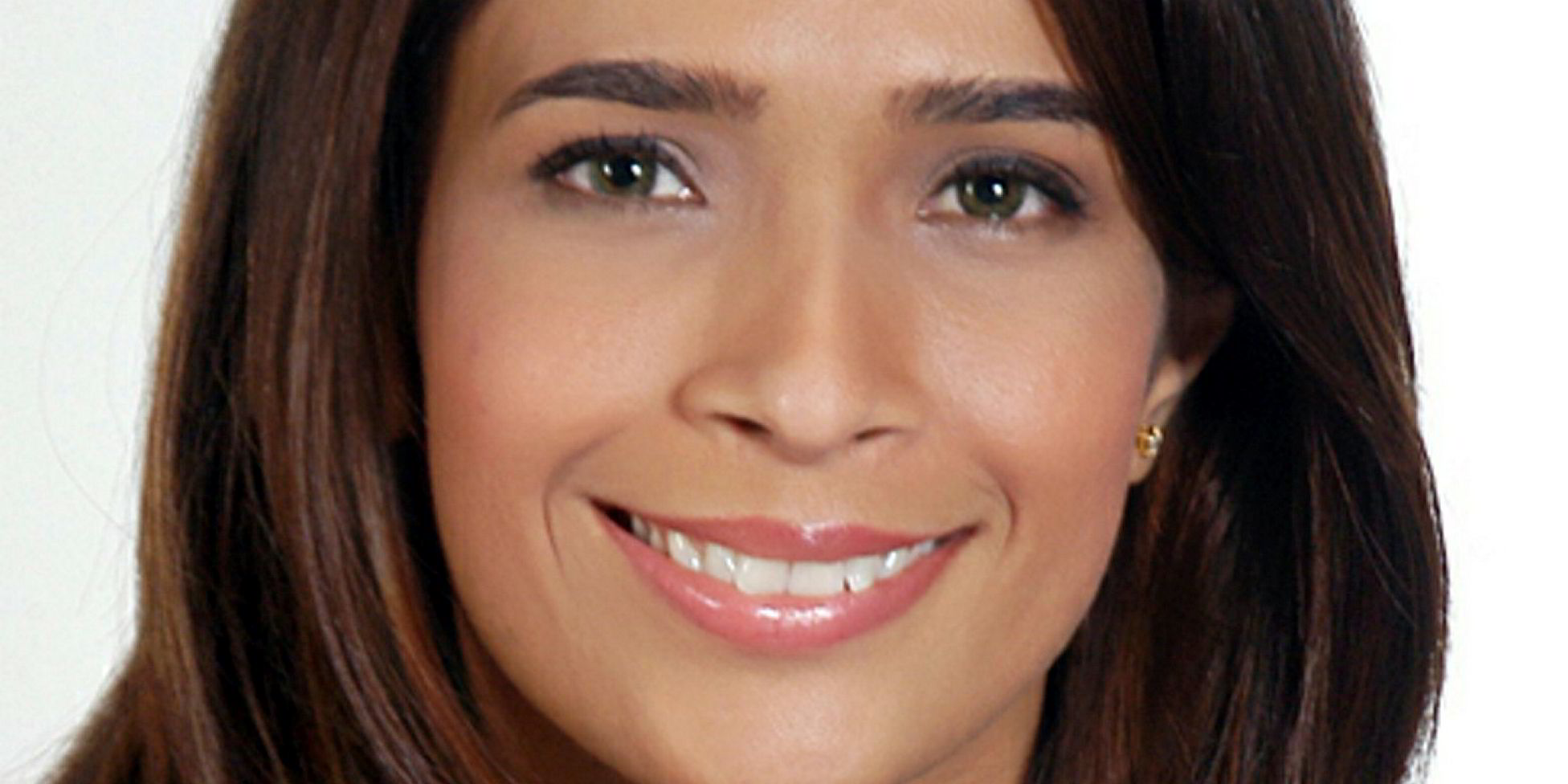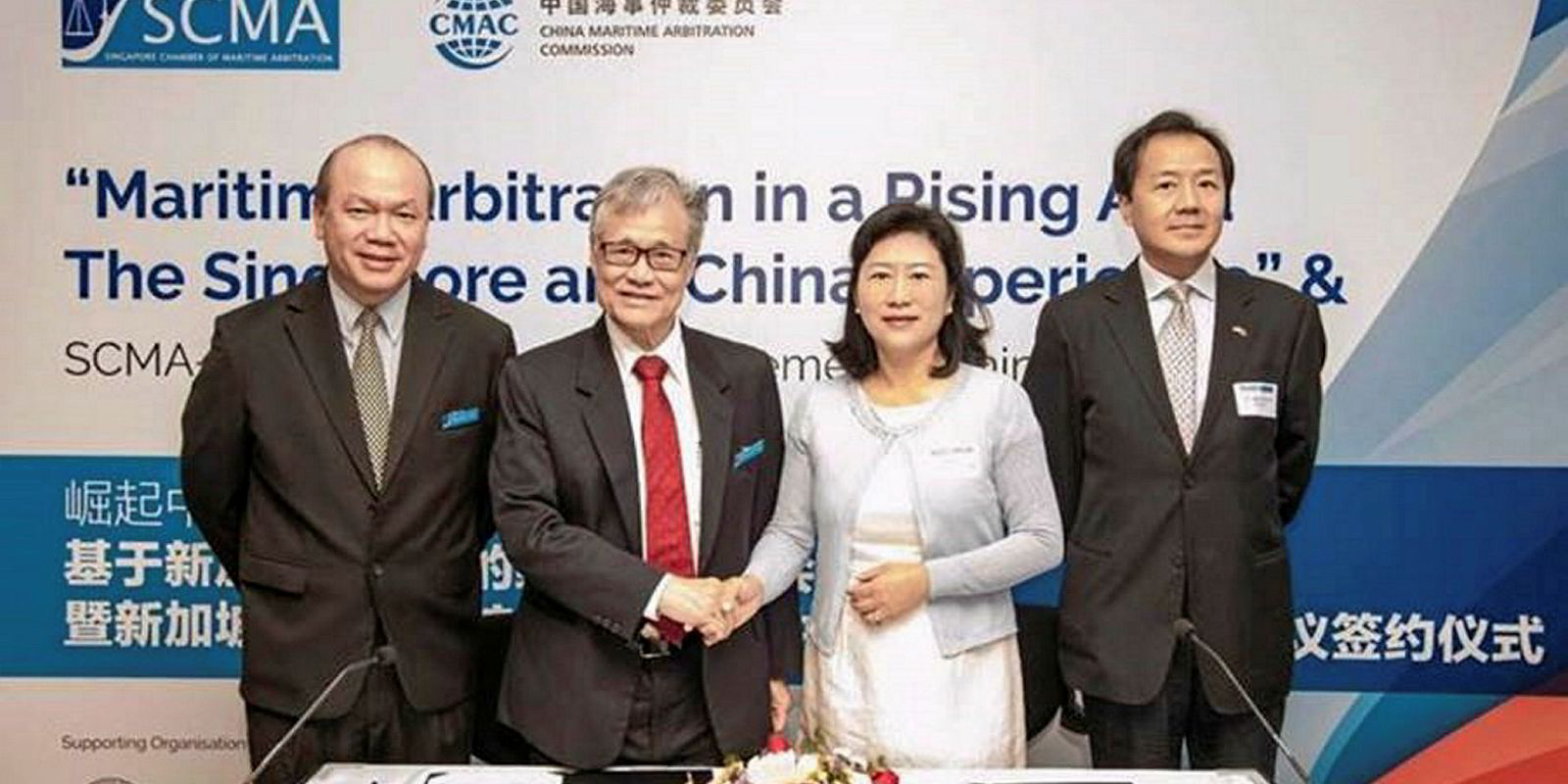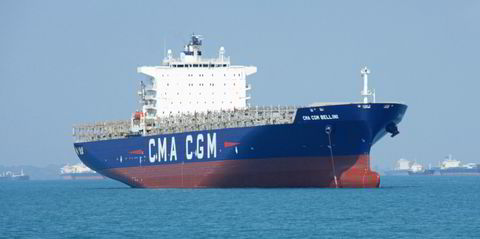United Nations member states on Wednesday signed the Singapore Convention on Mediation, an agreement that maritime lawyers believe could pave the way for a new avenue of dispute resolution in shipping.
The UN Convention on International Settlement Agreements Resulting from Mediation, as it is officially called, allows the enforcement of mediated settlement agreements across signatory nations, in much the same manner as the Convention on the Recognition and Enforcement of Foreign Arbitral Awards (New York Convention) covers the enforcement of arbitration awards.
Legally binding
Mediation as a dispute resolution mechanism differs considerably from arbitration in that it is a negotiated settlement agreed between two or more parties with the help of a mediator. It becomes legally binding after a formal agreement is signed.
Parties generally attend mediation voluntarily. They have the opportunity to voice their grievance to the mediator, and get the benefit of that mediator’s guidance. Most importantly, the mediated outcome will represent a compromise that they willingly accept.
Baldev Bhinder, a Singapore-based commodities and shipping lawyer who recently set up law firm Blackstone & Gold, said the advantage of mediation is that the risk of a party reneging on a mediated settlement agreement is minimal and fears of difficult challenges in foreign courts seen in the context of arbitration awards may be unwarranted.

“This is simply because a mediated settlement, unlike an arbitration award, should generally represent the expectations of both parties,” he explained.
Maintaining harmony
Kohe Hasan, a partner at global law firm Reed Smith in alliance with Resource Law, added that mediation allows for parties to maintain the appearance of harmony, as the aim is to resolve matters amicably so that all involved maintain good relations even after a dispute has arisen between them.
Until now mediation has failed to gain traction in the global dispute resolution arena, as the absence of an international convention led to uncertainty surrounding the enforcement of settlements in foreign jurisdictions.
The Singapore Convention removes that uncertainty by mandating it across signatory nations, which on Wednesday stood at 46 countries including the US and China.

Lawyers said it opens up the opportunity for mediation to play a role in settling international maritime, commodities and trade disputes.
By guaranteeing the enforceability of mediated settlement agreements, foreign counterparties would be provided with the assurance they would be able to resolve any disputes amicably by way of mediation, and the results of that mediation would be respected by all involved.
Beneficial to shipping
Dan Perera, a partner at Reed Smith in alliance with Resource Law, suggested that mediation will be especially beneficial to industries where it is common for disputes to arise among multiple parties in a common chain of contracts.
“These disputes are commonly settled at arbitration, with parties passing claims up or down the chain against their direct counterparties, in multiple sets of legal proceedings, occasionally under different procedural rules or in different jurisdictions,” he said.
The Singapore Convention provides an additional incentive for all parties to mediate disputes arising out of common facts together, in a single, without prejudice, multipartite mediation
Dan Perera
“The Singapore Convention provides an additional incentive for all parties to mediate disputes arising out of common facts together, in a single, without prejudice, multipartite mediation.
"If a mediated settlement agreement will be enforceable in essentially the same manner as an arbitral award, parties may be more inclined to settle claims at an early stage and maintain strong commercial relations.”
Bhinder agreed and said: “This is where the Singapore Convention sets itself apart. The work now has to be done by signatory governments and courts in facilitating the implementation of this convention but the real value of this convention comes from creating the architecture needed for parties to even walk into a mediation room in the first place.”
Enforcement struggles
The Singapore Convention is beneficial in jurisdictions where arbitration awards are difficult to enforce.
Many countries in Asia are signatories to the New York Convention and yet enforcement can sometimes hit an obstruction under the guise of public policy.
A combination of nationalist rhetoric and fear of usurpation of a court’s sovereignty has led to many struggles in enforcing arbitration awards in this region, especially in Indonesia.
How each member state goes about enforcing mediated settlement agreements will be critical to the Singapore Convention’s success, Perera said.
“Support of local courts, and the speed and efficiency of enforcement, will no doubt vary among member states. Each will have very similar carve-outs from enforcement as they currently do in respect of the enforcement of arbitral awards under the New York Convention — the agreement being contrary to public policy, for example,” he said.
Public policy challenges feature prominently in Indonesia, Bhinder noted, particularly when dealing with natural resources in the mining or oil exploration market. The process of enforcing arbitral awards in Indonesia are described as complex, procedurally onerous, time-consuming and expensive.
Indonesia is key to success
“My experience in Indonesia has demonstrated that signing a convention does not easily translate to dollar and cents,” he explained.
“During the arbitration boom at the turn of the millennium, I sat in provincial courts as a junior lawyer watching the struggles of some judges dealing with enforcement of foreign arbitration awards. Some were unfamiliar with arbitration jurisprudence and the New York Convention despite being signatories to it. Others simply could not accept that the award was final and they had no power to overrule it.”
Courts in certain jurisdictions maybe persuaded that enforcement of the parties’ mutually agreed mediated settlement should be more straightforward than enforcing against an arbitral award, where thorny issues such as alleged procedural irregularities may delay or hinder enforcement
Dan Perera
Bhinder and Perera expect that the nature of mediated settlement agreements — being mutually agreed between parties — will encourage more Indonesian businesses to use mediation as a mode of dispute resolution.
This, Hasan argued, could result in the Singapore Convention being more successful than the New York Convention in achieving its purpose and objective in cases involving Indonesian parties.
“Courts in certain jurisdictions maybe persuaded that enforcement of the parties’ mutually agreed mediated settlement should be more straightforward than enforcing against an arbitral award, where thorny issues such as alleged procedural irregularities may delay or hinder enforcement,” Perera added.
Growing appetite
Dwi Daruherdani, a partner specialising in dispute resolution at Rahayu & Partners, a Jakarta-based law firm affiliated with HFW, noted that Indonesian parties have a growing appetite for arbitration.
Indonesia was the fifth-largest country of origin for all arbitrations started in the Singapore International Arbitration Centre in 2018.
Daruherdani suggested that mediation will grow in popularity around the region, helped by the establishment of dedicated institutions such as the Singapore International Mediation Centre.
“It is imperative that Indonesia maintains pace with these developments and ensures that its commitment to enforcing mediated settlement agreements through its ratification of the SCM [Singapore Convention] is carried over into practice,” she said.
Now signed and ratified, it will come in to force in six months' time.






